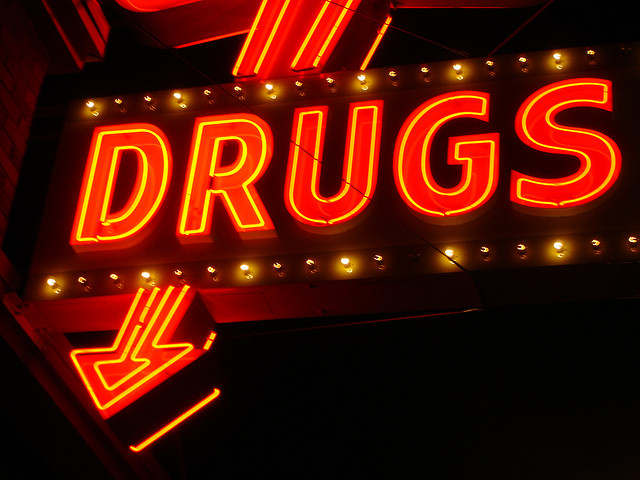"The highs and lows of the drug empire"
August 7 Drugs are an increasingly problematic global issue with people dying each day from an overdose. Though countries are decriminalising or even legalising substances such as cannabis to decrease this alarming statistic, a shadow is cast by the potential exploitation of this free distribution from the corporate world of big business. Krishani Dhanji, 17, a Correspondent from Sydney, Australia explains.
Drugs are an increasingly problematic global issue with people dying each day from an overdose. Though countries are decriminalising or even legalising substances such as cannabis to decrease this alarming statistic, a shadow is cast by the potential exploitation of this free distribution from the corporate world of big business. Krishani Dhanji, 17, a Correspondent from Sydney, Australia explains.
Our global contemporary social climate has cultivated an increasing market for illicit substance use and possession; so much so, that it has placed us at the top of the world list for recreational drug use.
This harsh reality, outlined in the recently published United Nations 2014 World Drug Report, has labelled Australia as the leading user of the synthetic party drug ecstasy by people aged between 15 and 64. Furthermore, Australia ranked second for the use of opioids such as codeine or morphine, third for methamphetamines, fourth for cocaine and seventh for cannabis.
There is a fine line between social prevention and reduction and capitalisation. This is becoming increasingly questioned, especially through the shift in political motivation to either decriminalise or legalise cannabis. Whilst this can aid in creating a more limited or controlled environment, it opens up a clear opportunity for large corporations to exploit.
In a recent episode of Foreign Correspondent on the ABC, reporter Ben Knight uncovered this multimillion dollar industry and the push by big businesses towards legalising cannabis for their own profit.
According to a report commissioned for the White House, the medical and illicit cannabis industry is worth over AUD$40 billion. It’s a tricky issue as to whether this amount of revenue is safer within government holdings rather than in the black market, as opposed to the pockets of America’s newest ‘pot entrepreneurs’.
In opposition, Patrick Kennedy, nephew of former US President J.F. Kennedy, told Foreign Correspondent that “this is about a commercial for profit behemoth coming in to prey on your kids, addict them and make money off of them and at your expense.”
In an almost ironic cycle of nature, we have come back to perhaps the beginnings of the tobacco market of the ‘60s and ‘70s. Research shows that people are far more likely to become addicted to a substance as an adult if there was an addiction in adolescence, which is what big businesses are aiming for today.
This growing issue is therefore a primary concern for the health and wellbeing of Australia’s youth. Young people in the majority of circumstances are far more fragile and vulnerable to harm, and this is certainly the case in relation to illicit substance abuse.
Unfortunately, this is an occurrence seen more and more frequently even within the school environment. We’ve reached the point where a night out isn’t considered ‘cool’ until the pingers are out and the weed’s been passed around. A formal after party is no longer for simply dancing and wasting the night away with your friends, but taking the Pulp Fiction meaning of “powdering your nose” to the back corner of the bathroom.
So as the storm rages on as to whether cannabis should be legalised, among other illicit drugs, and we question the dangerous accessibility of the black market, let us take a step back and examine each role between the individual, private enterprise, and the government. Because where revenue is involved we are no longer talking about individual rights and freedoms to do what we want, we are addressing an overriding mass market of extreme profit and business exploitation.
photo credit: Curtis Gregory Perry via photopin cc
………………………………………………………………………………………………………………
About me:
Hello! My name is Krishani Dhanji. I am currently a year 12 student in Sydney, Australia, and budding journalist with a passion for human rights, the environment, public speaking and politics. After my studies I would love to travel and share my stories with the world!
………………………………………………………………………………………………………………
Opinions expressed in this article are those of the author and do not necessarily represent the views of the Commonwealth Youth Programme. Articles are published in a spirit of dialogue, respect and understanding. If you disagree, why not submit a response?
To learn more about becoming a Commonwealth Correspondent please visit:
http://www.yourcommonwealth.org/submit-articles/commonwealthcorrespondents/
………………………………………………………………………………………………………………




